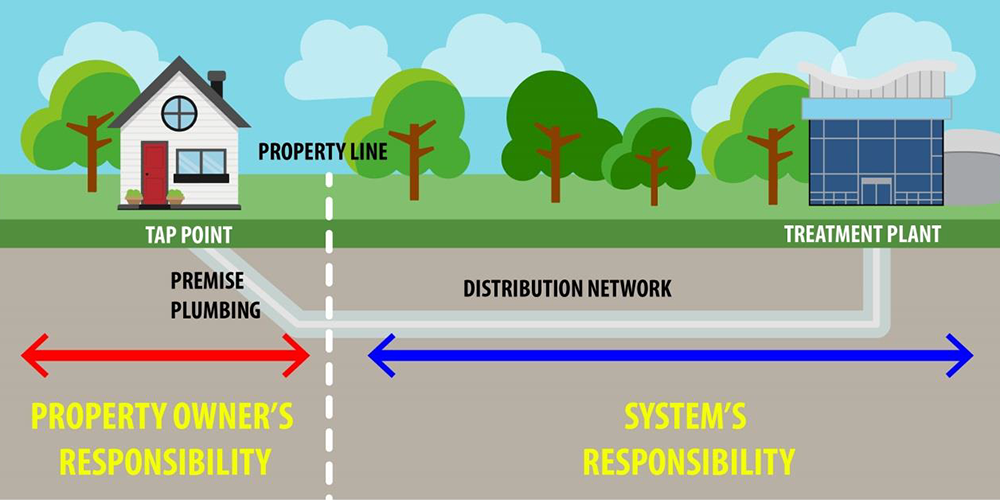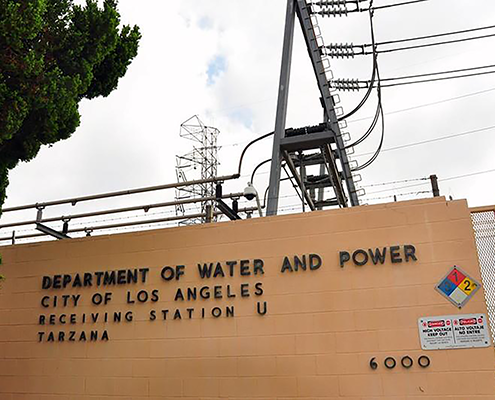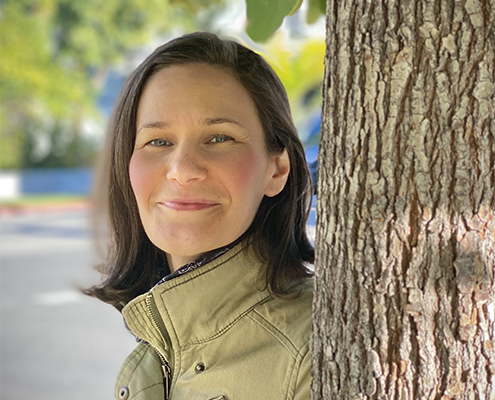If people distrust their tap, then they buy more bottled water or sugary drinks to quench their thirst. This can be costly, unhealthy, damaging to the environment, and especially harmful to those with limited incomes. Every human being has the right to safe, clean drinking water from their taps.
One big reason people distrust tap water is undetected issues with “premise plumbing;” the pipes that move water from a distribution network to the tap in a home, school, or business. These problems can result in exceeding health standards or affecting the water’s look, taste, and smell – all of which can cause tap water distrust.
The report below includes 22 specific recommendations to address premise plumbing issues. The list is presented within five policy briefs for the primary interested party, but other entities may use the strategies. The briefs also include background information, the relevant codes, and best practices for each recommendation for additional guidance.

Authors
- Itzel Vasquez-Rodriguez, LCI research fellow for environmental justice
- Gregory Pierce, director of UCLA Human Right to Water Solutions Lab (PI)
Funding Acknowledgments
This research was made possible by the County of Los Angeles Chief Sustainability Office to support its goal to achieve “[r]esilient and healthy community environments where residents thrive in place.”
Photo credit: scull2/iStock




